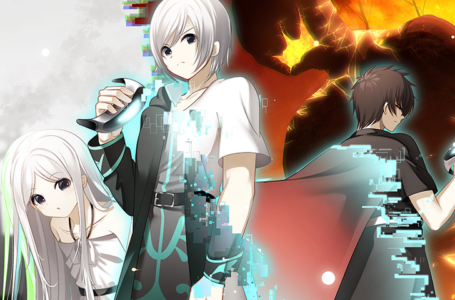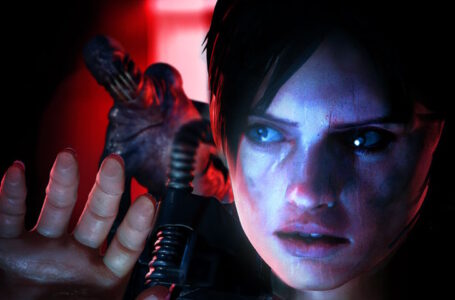It’s the end of a PlayStation era, and it sucks
So, we’ve finally had confirmation that Sony is indeed closing down the PlayStation 3, PSP and Vita stores later this year. The PSP and PlayStation 3 stores will be closing from July 2, 2021, while the Vita store will shut down on August 27, 2021.
Sony has noted in its alarmingly comprehensive “discontinued PlayStation apps, features and services” page that, for the immediate future, players will be able to re-download and play previously purchased game titles, and you will even be able to redeem vouchers for games — you just won’t be able to buy new digital copies of PlayStation 3, PSP and Vita games or downloadable content.
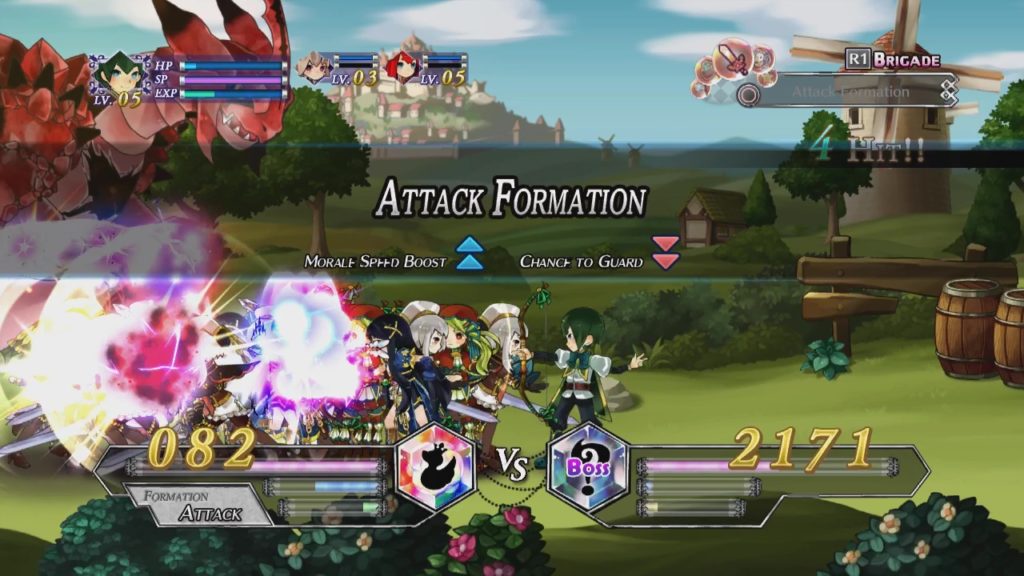
If Sony’s servers are still providing the ability to download purchased PlayStation 3, PSP and Vita titles, it sort of begs the question why they’re bothering closing the stores in the first place, because there seems to be no net positive for anyone as a result of this decision. Sony misses out on the opportunity to earn a bit of additional money — however miniscule the amounts these stores are bringing in might be these days — while prospective players are denied access to a variety of interesting games and downloadable content, including some titles that can’t be acquired via any other means than as a digital download from the PlayStation Store. It all seems completely unnecessary.
On top of that, the closure of these stores also means the loss of easy and affordable access to a variety of classic games from the original PlayStation era, many of which have become prohibitively expensive in their physical incarnations. Would you rather pay a fiver for Suikoden, or upwards of three figures — and you can bet those prices are going to rise even further now you can’t just buy a digital copy.
Unfortunately it’s been clear for several years at this point that Sony Interactive Entertainment CEO Jim Ryan does not care for retro games; in a widely cited interview with Time Magazine he was quoted as saying that he believed backwards compatibility was a “feature that is much requested but not actually used much”, and that PS1 and PS2 games “looked ancient, like why would anybody play this?”
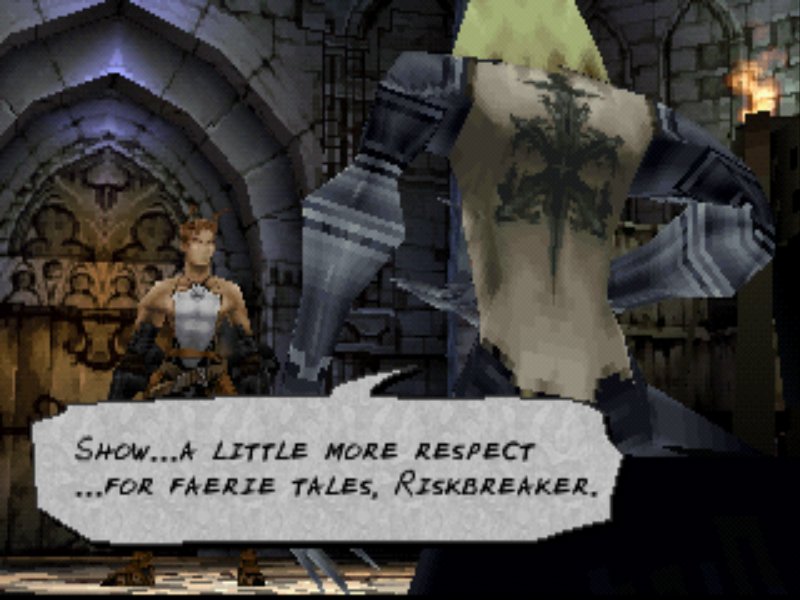
The enduring popularity of Nintendo’s Switch has shown, among many other things, that for many players a platform’s technical capabilities are by no means the be-all and end-all of video gaming, and as such there are ample reasons to play games from the PS1 and PS2 era besides their visuals — to say nothing of the fact that the jagged, low-poly PS1 aesthetic specifically is just starting to become popular with indie developers in the same way pixel art enjoyed a renaissance some years back.
The problem with Ryan’s attitude here is that in order to grow and learn, every other form of media has the ability to look back at its own past in order to acknowledge the things that worked while discarding the things that weren’t so good. Video games, meanwhile, are the only form of creative art — or, more broadly, entertainment — where certain parts of its establishment seem willing, even eager, to completely discard significant, defining swathes of history in favour of a future that might not be as desirable as some people want us to believe.
This has already been a problem for a few years when it comes to Sony. While the PlayStation 2 enjoyed near-perfect backwards compatibility with its predecessor, with only a handful of original PlayStation titles refusing to work on the PS2, since the PS3 era Sony has been gradually trying to cast off what it evidently perceives as the shackles of its past, beginning with the removal of PS2 backwards compatibility from later PS3 models and continuing on to the fact the company’s lineup of “PSone Classics” on the PlayStation Store were never made compatible with the PlayStation 4 and 5.
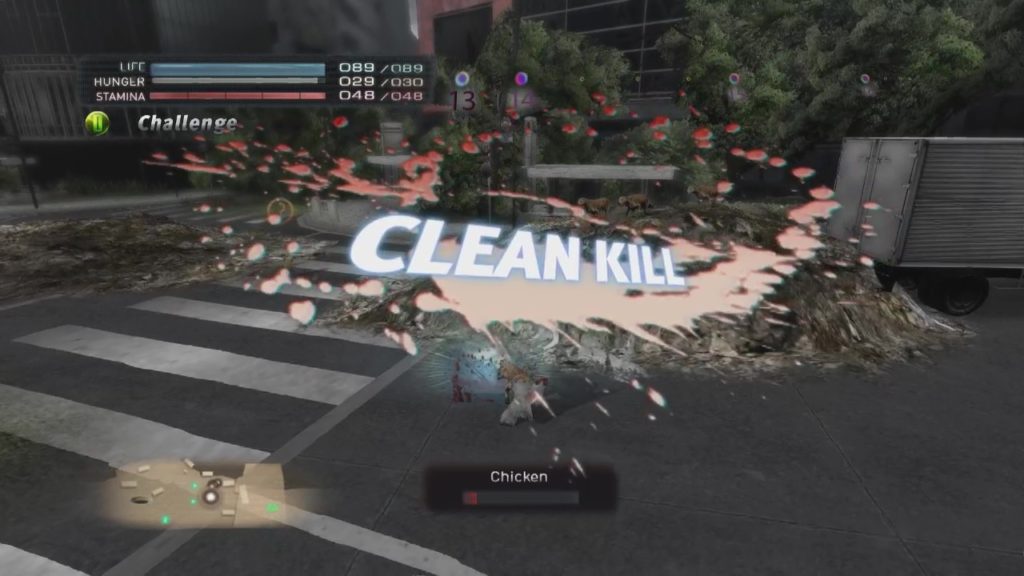
This is baffling on so many levels, because the PS1 and PS2 eras were periods of massive success and growth for Sony, and so you’d think they’d want to celebrate them a bit more; there are plenty of modern gamers curious to see where longstanding series got their start — or at least obtained the mainstream appeal they have today. From the PS3 era onwards, however, Sony seems almost ashamed of what it created; while it’s true that the PS3 always played second fiddle to Microsoft’s Xbox 360 in terms of overall popularity, there are plenty of PS3 exclusives that helped establish Sony platforms as the place to be if you wanted to enjoy anime-style games, RPGs, visual novels and fanservice.
Perhaps that’s part of it, though. We’ve heard many, many stories about how the Sony of today has been extremely heavy-handed with both original Japanese developers and western localisation companies when it comes to vaguely provocative content. And it seems clear that the Sony of today wants to distance itself from its Japanese origins; why else would they shutter their widely beloved Japan Studio and focus all their efforts on distinctly western-style triple-A properties such as The Last of Us?
But I digress, as this is conjecture rather than fact, however plausible it might be — Sony sure as hell aren’t talking about it to anyone who asks. The fact does remain, however, that as of July 2, 2021, Sony is making a distinct and obvious move to cut off part of its own past.
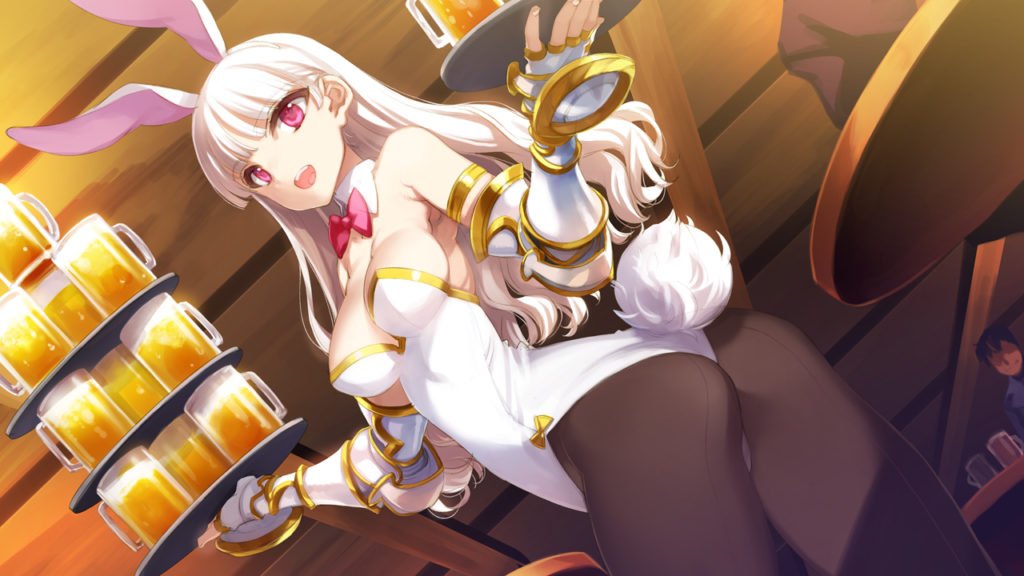
This is in stark contrast to what Microsoft has been doing; while the company’s software-based approach to supposed “backwards compatibility” has plenty of flaws — most notably the fact that it isn’t true “put the disc in and it just works” backwards compatibility and is instead simply the opportunity to download recompiled versions of selected games for modern hardware — they are at least acknowledging there is an audience out there that is hungry to play more than just games that came out in the last week.
There’s a lot to criticise about Microsoft — and from a preservation and ownership perspective, the blind loyalty many people exhibit towards Game Pass is one of the biggest concerns that we’re yet to see the true impact of — but at least they acknowledge the fact that great games don’t stop being great games just because they’re from a generation or two ago. If we take Ryan’s words to heart, meanwhile, we get the exact opposite impression.
So all this leaves us with a lot of questions. Are the games you can presently only (or at least affordably) get on PSN going to just be “lost”? Because if so, that’s incredibly sad — not least for the people who made those games. Any creative work deserves to have the opportunity to endure for as long as people might like to talk about it — and given that we’re still talking about Atari 2600 games some 40+ years after their original release, there’s no reason to assume that PS3, PSP and Vita titles have outlived their value to society by a very long shot.
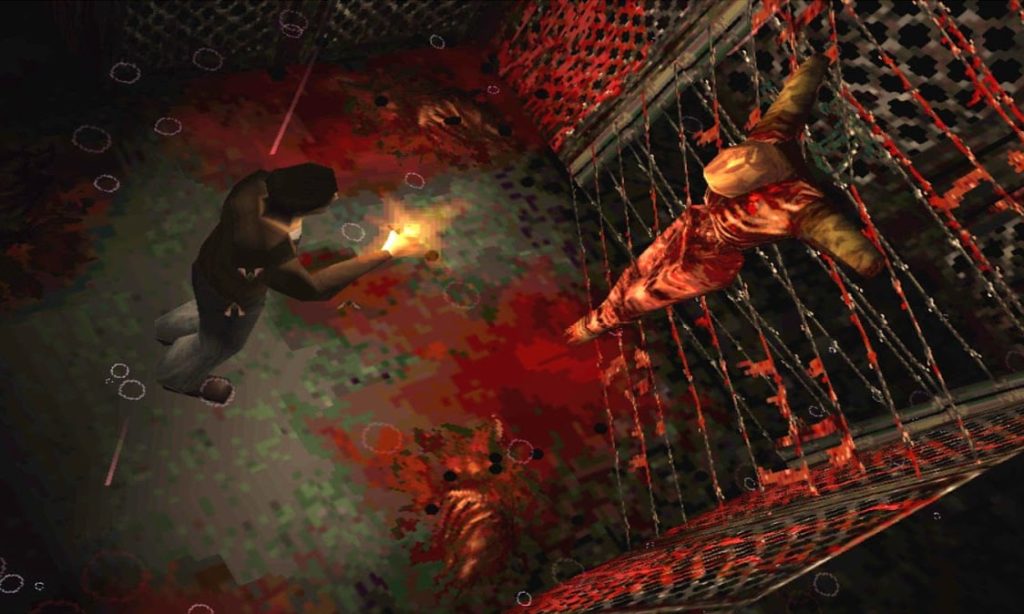
At present, the best-case scenario is that we get some sort of limited-run rerelease of former PS3, PSP and Vita exclusives, perhaps on more modern platforms. In some cases, there’s the potential, however slight, for this to happen — there’s presumably nothing stopping Nippon Ichi Software porting Battle Princess of Arcadias and Legasista to modern systems and then either sorting out a limited physical print run themselves, as they’re doing with Phantom Brave and Soul Nomad, or leaving it to specialists like Limited Run Games. In other cases, though, like with Japan Studio’s wonderful Tokyo Jungle, I suspect we’ll never see those games ever again.
The alternative, of course, is to get into the morally grey area that is the digital preservation and distribution of these games online via specialist sites, filesharing services and torrents. And I’m sure you don’t need me to tell you that this is far from an ideal solution, given not only the legal implications of following through on this, but also said filesharing sites’ predilection towards being infested with malware, adware and full-on viruses — to say nothing of the fact that it deprives the original creators of a work the opportunity to make a bit of money, however miniscule, off their creations.
It’s a bleak time for gaming history, for sure, and no-one seems to know exactly what to do about it. Here’s hoping we figure out a good solution that works for everyone before it’s too late.
Join The Discussion
Rice Digital Discord
Rice Digital Twitter
Rice Digital Facebook
Or write us a letter for the Rice Digital Friday Letters Page by clicking here!
Disclosure: Some links in this article may be affiliate links, which means we may earn a small commission if you make a purchase after clicking on them. This is at no additional cost to you and helps support Rice Digital!
- Letter from the Editor: passing the torch - June 30, 2023
- Super Woden GP 2 is looking promising - June 30, 2023
- Inti Creates is making a 32 bit-style Love Live action platformer - June 26, 2023





